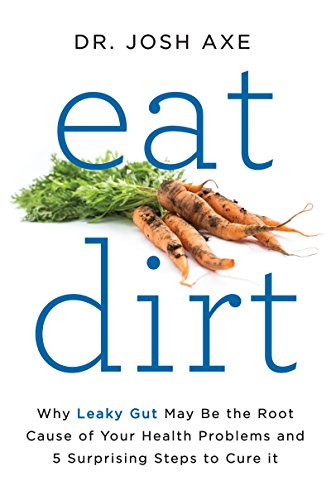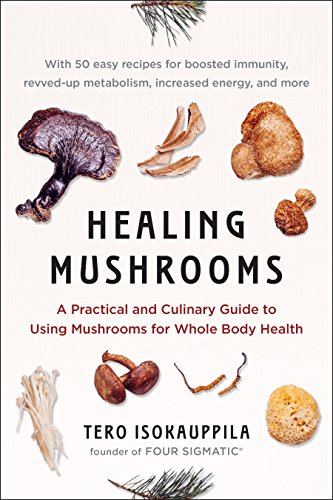I wondered at high school whether the Jamaican Americans who made our track team so popular would bear the acceleration gene from their tiny country. I raced with Kenyans in college and wondered if stamina genes might have migrated from East Africa with them. Around the same time, I started to note that a group on my team might consist of five people running next to each other, step by step, day by day, and…
> Read more
I wondered at high school whether the Jamaican Americans who made our track team so popular would bear the acceleration gene from their tiny country. I raced with Kenyans in college and wondered if stamina genes might have migrated from East Africa with them. Around the same time, I started to note that a group on my team might consist of five people running next to each other, step by step, day by day, and still turn out to be five totally separate athletes. Are athletes like Usain Bolt, Michael Phelps, and Serena Williams genetics freaks dominating naturally their respective sports? Are they simply ordinary humans who, by sheer willpower and rigorous training, have conquered their biological limits? The reality is much more complex than a simplistic dichotomy between nature and traning. Scientists have gradually started to explore that the relationship between genetic endowments and the learning climate of a athlete influences performances. Slowly, sports researchers entered the age of modern genetic science. Sports Illustrated senior writer David Epstein addresses the great nature versus nurture discussion in this informative analysis of athletic achievement and explores how far science has come to answer this question. He explores the so-called 10,000-hour rule and figure out if the best path to physical success is to train rigorously and regularly starting very young. Epstein dissipates some of our assumptions of how elite athletes excel. He explains that some of the abilities we believe to be innate, such as a baseball batter’s bullet-fast reactions, are not, and that certain characteristics we think are purely voluntary, such as the ability of an individual to practice, may also have essential genetic components. Epstein challenges us to question the very essence of athletism.
< Read less
I wondered at high school whether the Jamaican Americans who made our track team so popular would bear the acceleration gene from their tiny country. I raced with Kenyans in college and wondered if stamina genes might have migrated from East Africa with them. Around the same time, I started to note that a group on my team might consist of five people running next to each other, step by step, day by day, and still turn out to be five totally separate athletes. Are athletes like Usain Bolt, Michael Phelps, and Serena Williams genetics freaks dominating naturally their respective sports? Are they simply ordinary humans who, by sheer willpower and rigorous training, have conquered their biological limits? The reality is much more complex than a simplistic dichotomy between nature and traning. Scientists have gradually started to explore that the relationship between genetic endowments and the learning climate of a athlete influences performances. Slowly, sports researchers entered the age of modern genetic science. Sports Illustrated senior writer David Epstein addresses the great nature versus nurture discussion in this informative analysis of athletic achievement and explores how far science has come to answer this question. He explores the so-called 10,000-hour rule and figure out if the best path to physical success is to train rigorously and regularly starting very young. Epstein dissipates some of our assumptions of how elite athletes excel. He explains that some of the abilities we believe to be innate, such as a baseball batter’s bullet-fast reactions, are not, and that certain characteristics we think are purely voluntary, such as the ability of an individual to practice, may also have essential genetic components. Epstein challenges us to question the very essence of athletism.
< Hide description











